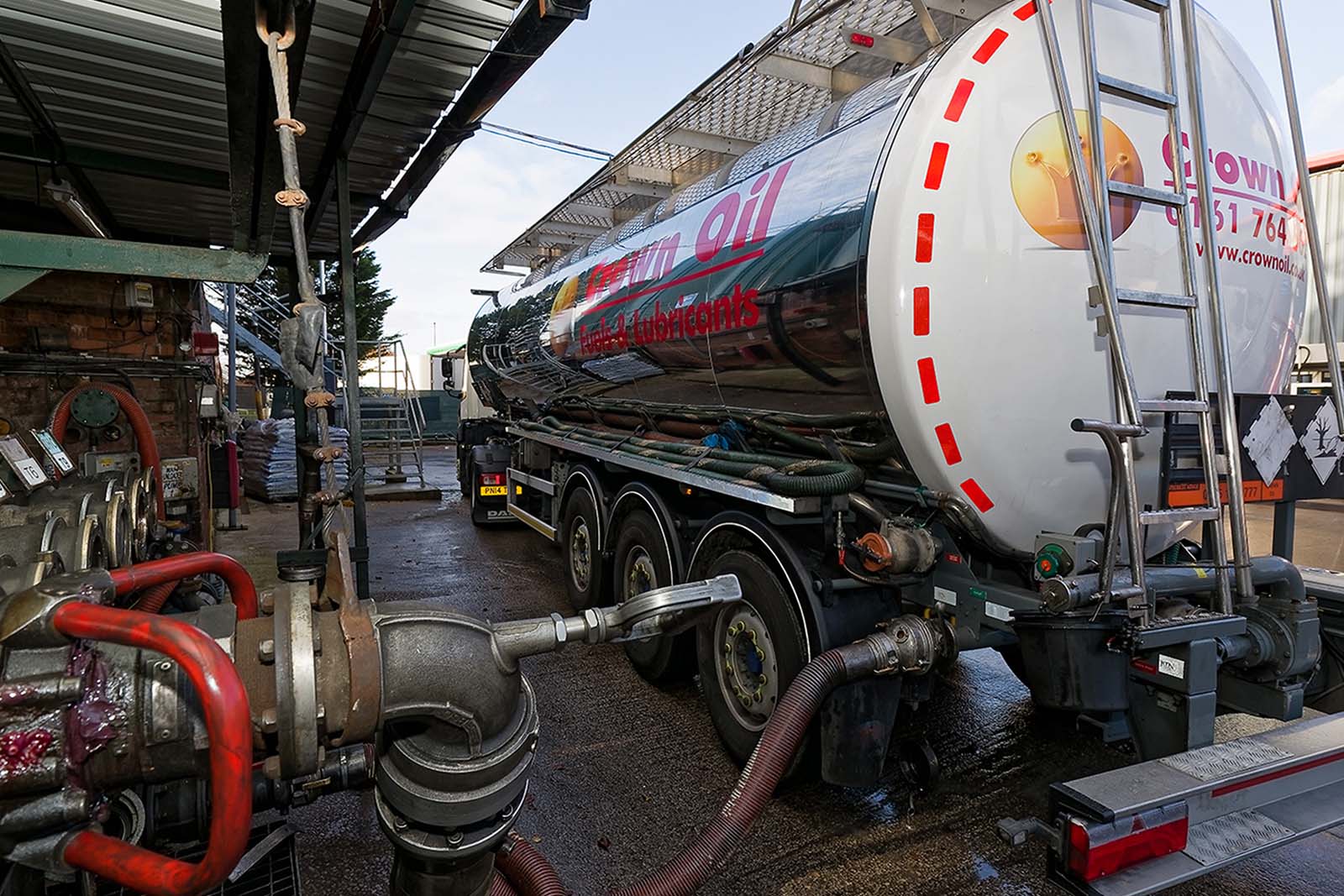Winter grade vs summer grade diesel
With freezing temperatures approaching, we want to make you aware of potential problems that can arise during the cold seasons. Diesel-powered engines can experience operative problems, such as difficulty starting and even complete failure if the correct grade of diesel is not used.
Diesel differs in seasonal specification. Its fuel properties are adjusted seasonally to maintain good low-temperature performance and operability.
Winter fuel can be used all year round as it is more resistant to cold (-12°C CFPP min). Whereas summer fuel is only certified for use during the warm months as it has limited resistance to cold (-4°C CFPP min).
If you’re unsure of what grade diesel is in your machinery or equipment, call us on 0330 123 3399 for expert advice, and we can help

What are the potential engine problems that might occur during winter?
Operational problems
The cold and wet winter months see some diesel-powered engines experience performance problems, such as difficulty starting and even the inability to start at all.
Poorly designed oil storage tanks, insufficient thermal protection and leaving summer-grade fuel in the tank during winter can all result in wax crystals and condensation forming. This can cause big problems as filters and pipes become blocked, which will cause the engine to fail or stop due to fuel starvation.
What’s more, diesel fuel is refined so that its low-temperature properties fit the area and period to be used. But when seasonal cold snaps of weather emerge and the temperature drops below the *cloud point of the fuel, functional difficulties can occur due to wax dropout.
*The cloud point refers to the temperature at which wax begins to crystallise and become noticeable to the eye. So in simple terms, it’s the lowest temperature at which a fuel can be stored. A sample is cooled in a test jar at intervals of 1°C to see if a haze ring forms at the bottom of the test jar.
Because summer-grade fuel has a higher cloud point, it’s not appropriate to use during winter when a lower cloud point diesel is required.
Fuel contamination
Ensuring your fuel is protected from bad weather conditions is imperative to avoid fuel contamination. Fuel containers and engines left exposed at night will cool quickly, so storage in a shed or undercover is strongly recommended to help avoid heat loss and paraffin problems.
Although wind does not lower the temperature itself, it accelerates heat loss and causes more rapid cooling of the fuel contained in an unprotected or exposed storage tank. Water in the fuel and filters and the age and condition of the filters can also cause clogging. Changing the fuel filter will help as a blocked filter will be less tolerant to small amounts of wax crystals.
Here at Crown Oil Environmental, we have a wide range of environmental services on offer, such as fuel polishing, fuel testing, tank cleaning, fuel uplifting and fuel technical advice and guidance, to help keep your fuel in pristine condition.
Wax paraffins
All diesel fuel contains wax paraffins which are a noteworthy component that give it the high cetane number to enable efficient combustion. Ideally, these paraffins are in liquid form and are dissolved in the diesel, but when diesel gets cold enough, the molecules begin to form crystals and solidify.
If the temperature drops enough, the crystals amalgamate and form large flat crystals which block the fuel filter. In some instances, the narrow bore pipework can bend which can cause unions to become completely blocked. This will cause the engine to fail or stop due to fuel starvation.
The same issues will transpire if the incorrect grade of diesel is used. If you suspect any of these problems or simply want some advice on your fuel, call us on 0330 123 3399 for expert advice.
To order winter grade diesel, visit Crown Oil for a quote.
Fuel Specialists Trusted for over 70 years
Our products and services come fully guaranteed and our staff are trained in each of their respective roles. In fact, our team is the most experienced in the industry.
We are passionate about providing excellent service at all times and our commitment to customer care makes us the perfect choice for your environmental service requirements.
 Stay compliant
Stay compliant Save money
Save money Avoid downtime
Avoid downtime Reduce risk
Reduce risk Uphold reputation
Uphold reputationFor help and advice relating to fuel contamination and tank treatment
give our expert team a call today on 0330 123 3399
Or


